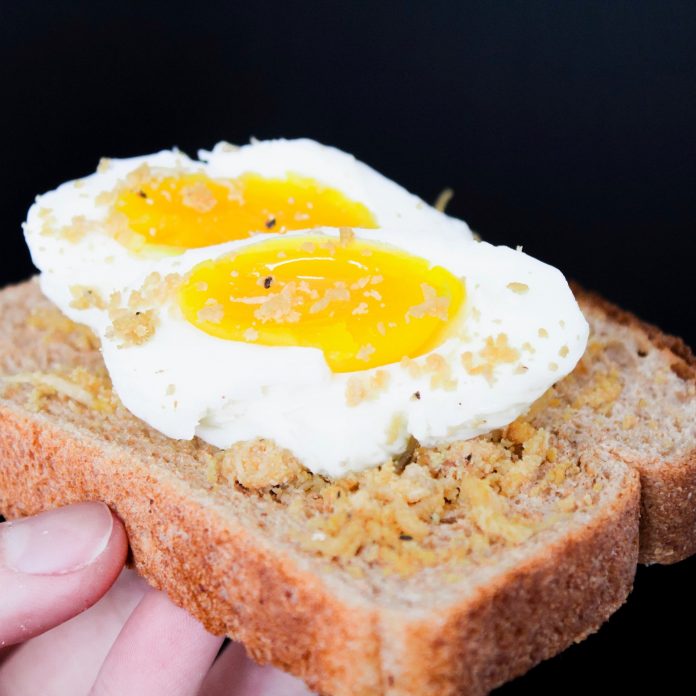Cheryl Lythgoe, Matron at Benenden Health, discusses the difference between good and bad cholesterol and shares her tips for reducing cholesterol levels.
Your body naturally produces cholesterol and it is also found in certain foods. While some is vital for healthy cell function, too much cholesterol in the blood can increase the risk of heart and circulatory disease, so it is important to be in the know when it comes to your own levels.
What is good and bad cholesterol?
Cholesterol teams up with proteins in the blood to carry it around the body. When the two are combined, these are called lipoproteins and there are two types: LDL (low-density lipoprotein), which is often known as ‘bad cholesterol’ because if you have more than you need it builds up on the artery walls. HDL (high-density lipoprotein) or ‘good cholesterol’, returns surplus cholesterol from the bloodstream to the liver, where it is removed.
Most people will benefit from lowering their total cholesterol levels as high levels can lead to hypertension (high blood pressure) which can cause strokes, heart attacks and narrowing of the arteries.
To read more about what a high blood pressure reading could mean for you, visit Benenden Health’s blood pressure tool .
How you can reduce your cholesterol levels:
• Eat a healthy balanced diet with a wide variety of fruit, vegetables, and lean meat, and which is low in fatty food (especially those containing saturated or trans fats).
• Eat plenty of wholegrain cereals as well as pulses. These are high in soluble fibre, which helps to lower ‘bad’ cholesterol.
• Get or remain active. The British Heart Foundation suggests 150 minutes of activity a week at a minimum, such as brisk walking or cycling. BHF says that being active can increase the level of ‘good cholesterol’ in your blood. It can also help lower your blood pressure and help you to maintain a healthy weight.
• Cut down on saturated fats and replace with monounsaturated and polyunsaturated fats. Monounsaturated are found in olive and rapeseed oils, avocados, nuts and seeds. Polyunsaturated fats are also found in nuts and seeds, as well as in corn oil and oily fish such as salmon and sardines.
What should your cholesterol level be?
Blood cholesterol is measured in units called millimoles per litre of blood, often shortened to mmol/L. According to the NHS, and as a general guide:
• Total cholesterol levels should be: 5mmol/L or less for healthy adults (4mmol/L or less for those at high risk).
• LDL levels should be 3mmol/L or less for healthy adults (2mmol/L or less for those at high risk).
• An ideal level of HDL is above 1mmol/L. A lower level of HDL can increase your risk of heart disease.
• Your ratio of total cholesterol to HDL is your total cholesterol level divided by your HDL level. Generally, this ratio should be below four, as a higher ratio increases your risk of heart disease.
Do your genes affect cholesterol levels?
Certain families are at greater risk of high cholesterol. It is best to speak to your doctor if a close relative developed heart disease before 55 if a man, or 65 for a woman.
Make sure you visit your GP when it is offered as your cholesterol levels will be assessed as part of this.
Information made available by Benenden Health



